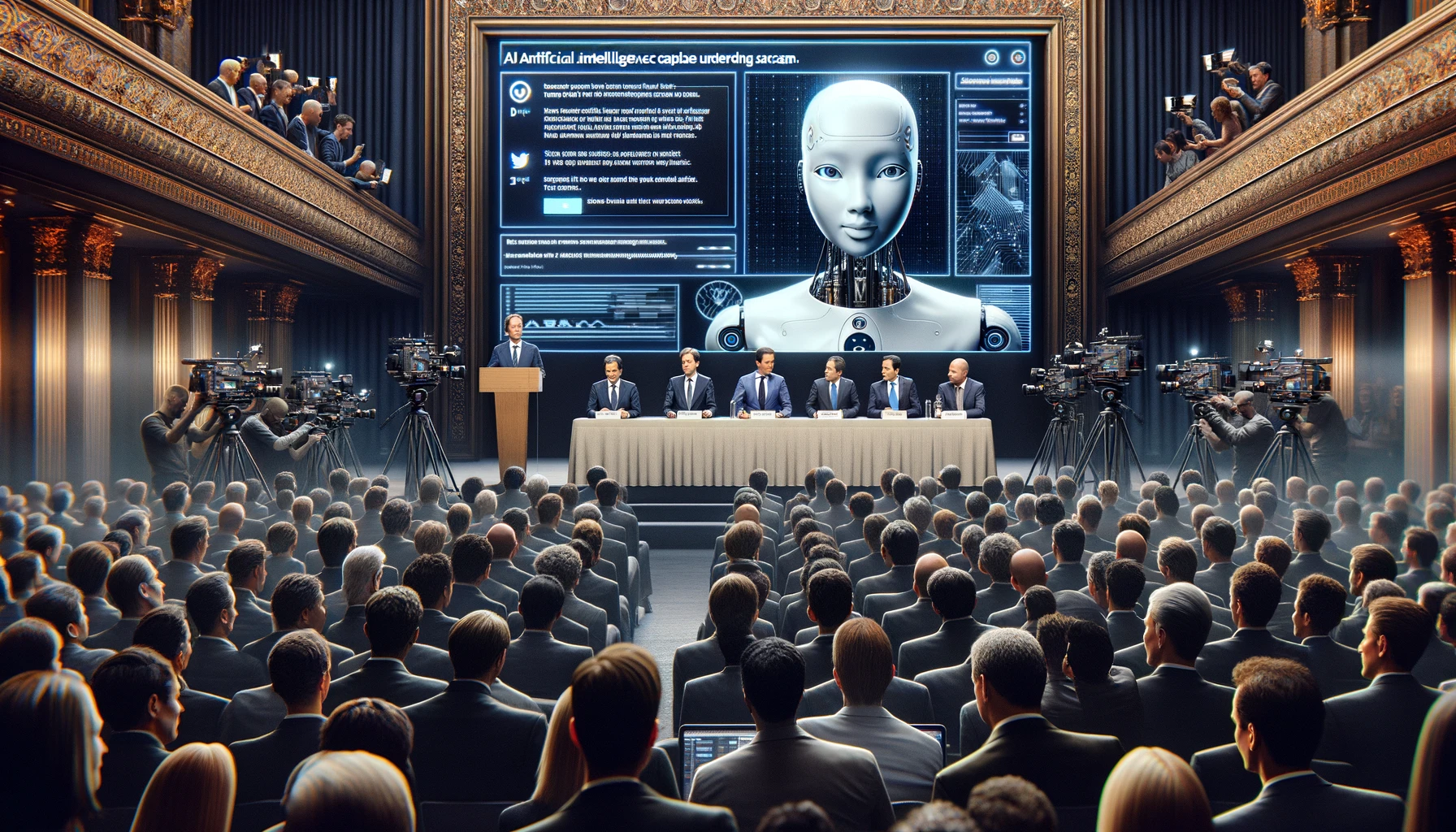In a move that seems destined for epic failure, tech behemoths worldwide are joining forces in a quixotic attempt to create artificial intelligence capable of detecting sarcasm. Dubbed Project: Sarcasm Slayer, the bold venture has experts either shaking their heads in disbelief or eagerly awaiting a glorious trainwreck.
“Oh, the sheer ambition!” exclaimed Dr. Evelyn Snark, Director of the Institute for Computational Linguistics. “Understanding sarcasm requires subtle cultural clues, contextual awareness, and a deep grasp of human illogic. Programming that into an AI? You might as well teach a toaster to write poetry.”
The tech giants, however, are boldly optimistic. “With enough data and clever algorithms, we’ll crack this,” announced Project Lead Sunil Techmeister. “Imagine a world with spam filters that catch those passive-aggressive emails, and social media bots that defuse arguments before they turn toxic!”
But sarcasm, as anyone unlucky enough to have dated online knows, isn’t always overt. What happens when the AI misreads sincere affection as mockery, or flags a tongue-in-cheek joke as offensive?
“We’re in for an era of hilariously wrong AI responses,” predicts social media commentator Trish Witter. “Picture an earnest AI assistant booking a hair appointment for their user after a self-deprecating remark about a bad haircut. Absolute goldmine for viral content.”
The stakes are indeed high as these companies pour immense resources into developing an AI with a good sense of humor. Challenges abound—not only in interpretation but also in the potential for technological misunderstandings that could vary dramatically between different cultures and languages. How will an AI discern regional sarcasm nuances, or understand a jest fully embedded in local slang and humor?
Moreover, the application of such AI in everyday devices could lead to unexpected, often comical outcomes. Visualize a scenario where virtual assistants like Alexa or Siri begin to offer snarky retorts based on misinterpreted commands, or where customer service chatbots start mocking simple inquiries, thinking they are sarcastic.
Whether Project: Sarcasm Slayer achieves its lofty goals or becomes a meme for the ages, one thing’s certain: the path to teaching machines to get a joke is paved with potential hilarity. Stand by for a wave of AI-related misunderstandings that will make those autocorrect fails seem positively genius. From the laboratories to living rooms, it seems we’re setting the stage for a fascinating chapter in the evolution of AI.

